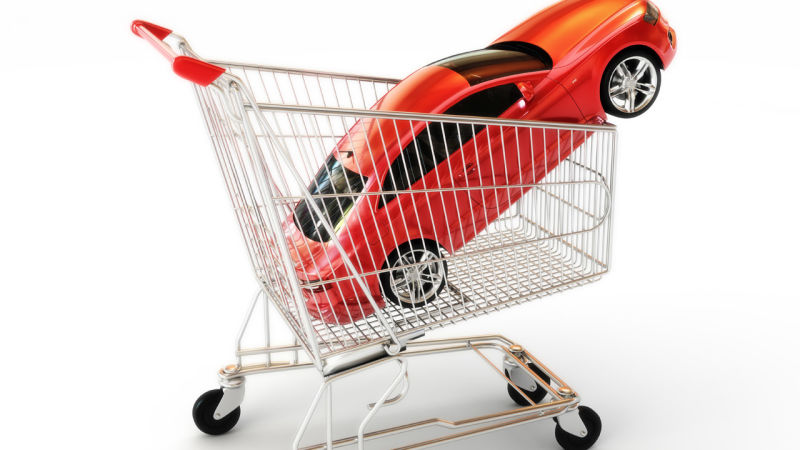Vroom! Vroom!
Shopping for a vehicle may be a daunting or exciting experience. Who doesn’t love the new car scent or the dream of a beautiful bmw with a bow on the top? Nothing compares to the sensation of driving a new car off the lot. Many Americans, however, are perplexed by what should be a simple question, should I buy or should I lease?
Depending on the answer, there may be a substantial difference in what you will get for what you can afford. In addition, if you decide to buy, rather than lease, you have to consider how to arrange financing.
Is there a difference between leasing and buying?
On the surface the two options may not appear so different, but in reality they each present different challenges and advantages.
- The obvious difference between buying and leasing is that when you purchase a vehicle you pay to own it;
- When you lease, you pay to use it, typically for two to three years. Leasing has become popular because, compared to buying, you get more vehicle for your money. Since you only pay a portion of the total value, you can expect to make a smaller monthly payment for a given vehicle or to drive a more expensive make or model for a given monthly payment. However, there are trade-offs to consider.
Leases include many charges that may require large sums of cash at the start and end of the lease. Up-front costs may include a security deposit, a destination fee, and a registration fee. Lease-end charges may total hundreds or even thousands of dollars, for “excessive wear and tear,” excess mileage (usually up to $.25 or more per mile), and a disposition fee. If you end the lease early, expect to pay a high penalty. In addition, if you decide to purchase the car at the end of the lease, it will usually cost you more than if you had originally purchased and financed the car.
Buying is the best and only choice if you plan to keep your vehicle for a long time. Usually, if you add up your financing costs over the life of a car loan and compare them to the costs of leasing and then purchasing the leased vehicle, you will find that buying may make more economic sense. Also, once you own your car, van, or truck, you are free to drive it for years without a car payment, pass it on to a family member, or sell it. You may also maintain your vehicle as you wish, modify or customize it in any way you choose, and put unlimited miles on it without penalty. In the end, this might save you more money, but of course you must have enough money to afford a more expensive car payment!
Financing Alternatives
If you have decided to buy, rather than lease, you need to decide how to pay for the vehicle.
Considering the how high prices are, many people choose to finance their purchases. Just as you shopped around for your car, van, or truck, it is also worth the effort to shop around for financing. Don’t automatically finance with the dealer. Banks may also offer attractive deals. If you have a relationship with a bank, you may qualify for a reduced interest rate. Ask the car dealers you visit which banks they use, as your bank may be among them.
Bank representatives usually quote current rates over the phone or online, and can tell you the monthly payment for a given loan amount at a specific interest rate and loan term. It is a good idea to get these numbers from your bank, even if you decide to finance with a dealer. This
can confirm that you are getting what you agreed to. If the numbers do not add up, something might be amiss. A difference of a few dollars per month over the life of a loan could add up to an additional payment.
What About a Home Equity Loan?
Finally, there is one last financing option you may wish to consider. In some cases, using a home equity line of credit or home equity loan can be an economical way to finance an automobile purchase. It wouldn’t be our first recommendation, but if you have built up equity in your home, it is one possible asset you can tap. The biggest advantage is a home equity loan may offer a competitive interest rate and the loan interest may be income-tax deductible. An established equity line can also be a welcome source of financing if credit is otherwise difficult to obtain.
Bottom Line
Before making your final decision make sure you do your HW. This may not be the largest financial decision you make in your lifetime but it is still significant. Put the time in.



